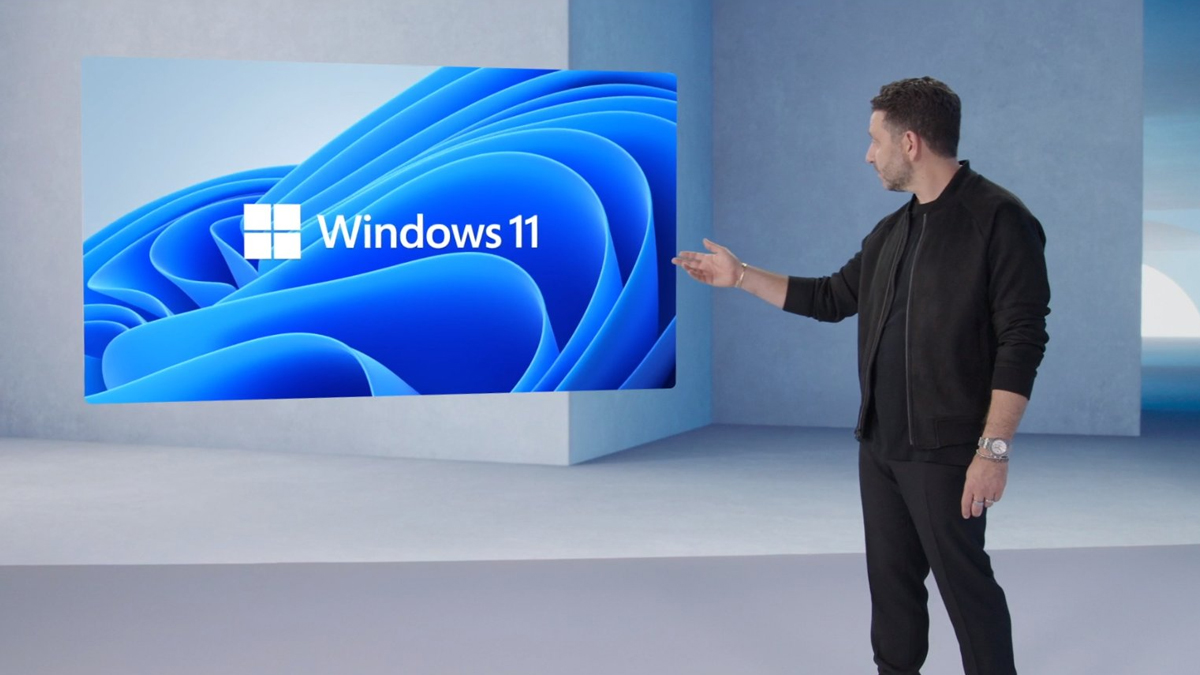Seven years ago, Microsoft launched Windows 10. It quickly became one of the most popular and well loved operating systems by the Redmond company, before it was surprisingly superseded by Windows 11 back in 2021. Despite technically being considered a last generation product now, Microsoft is still selling Windows 10 licenses—though not for long.
If you, for whatever reason, wanted to get an official copy of Windows 10 Home or Windows 10 Pro from Microsoft—maybe you just built a PC using parts not supported by Windows 11—you’ll now be greeted by the following message, along with a link to learn more about Windows 11:
“January 31, 2023 will be the last day this Windows 10 download is offered for sale. Windows 10 will remain supported with security updates that help protect your PC from viruses, spyware and other malware until October 14, 2025.”

That’s certainly sad news for the operating system that is still at the moment the king of Windows, with over two thirds of Windows computers still running the aging OS. However, it should perhaps be noted that the end of Windows 10 licenses being sold by Microsoft is just that—only affecting Windows 10 downloads purchased directly from Microsoft. Chances are, you can still purchase a genuine copy of Windows 10 from one of their retail partners, or if you prefer, take a gamble with one of those cheap OEM keys being sold online instead. I mean, it’s not like many are willing to pay RM919 for a copy of Windows 10 from Microsoft themselves anyway.
In any case, it’s also worth pointing out that Microsoft is seemingly still allowing you to download a Windows 10 disc image file or a Windows 10 media creation tool if you wanted to install a fresh copy of Windows 10 yourself, minus the license for it. This means that, if you don’t mind an ‘Activate Windows’ watermark on the bottom of your screen, you can totally still just get the installation tool and install Windows 10 on your device. It’s pretty much as good as regular Windows 10, and avoids any problem you may get with from using a cheap key bought online. There’s another good reason to do that to; Windows 10 has been around for so long that it’s considered a much more stable operating system by many compared to Windows 11, and according to Microsoft they’ll still be supporting it anyway at least until 2025.

Nevertheless, this is likely the beginning of the end for Windows 10, once deemed the ‘last version of Windows you’ll ever need’. With Windows 11 turning two this year, Microsoft likely wants to encourage more people to switch over to their latest operating system as soon as possible. In fact, if you’re running a reasonably new system with Windows 10, you can still upgrade to Windows 11 for free; Microsoft did not officially give an end date for users to upgrade to Windows 11 for free.








